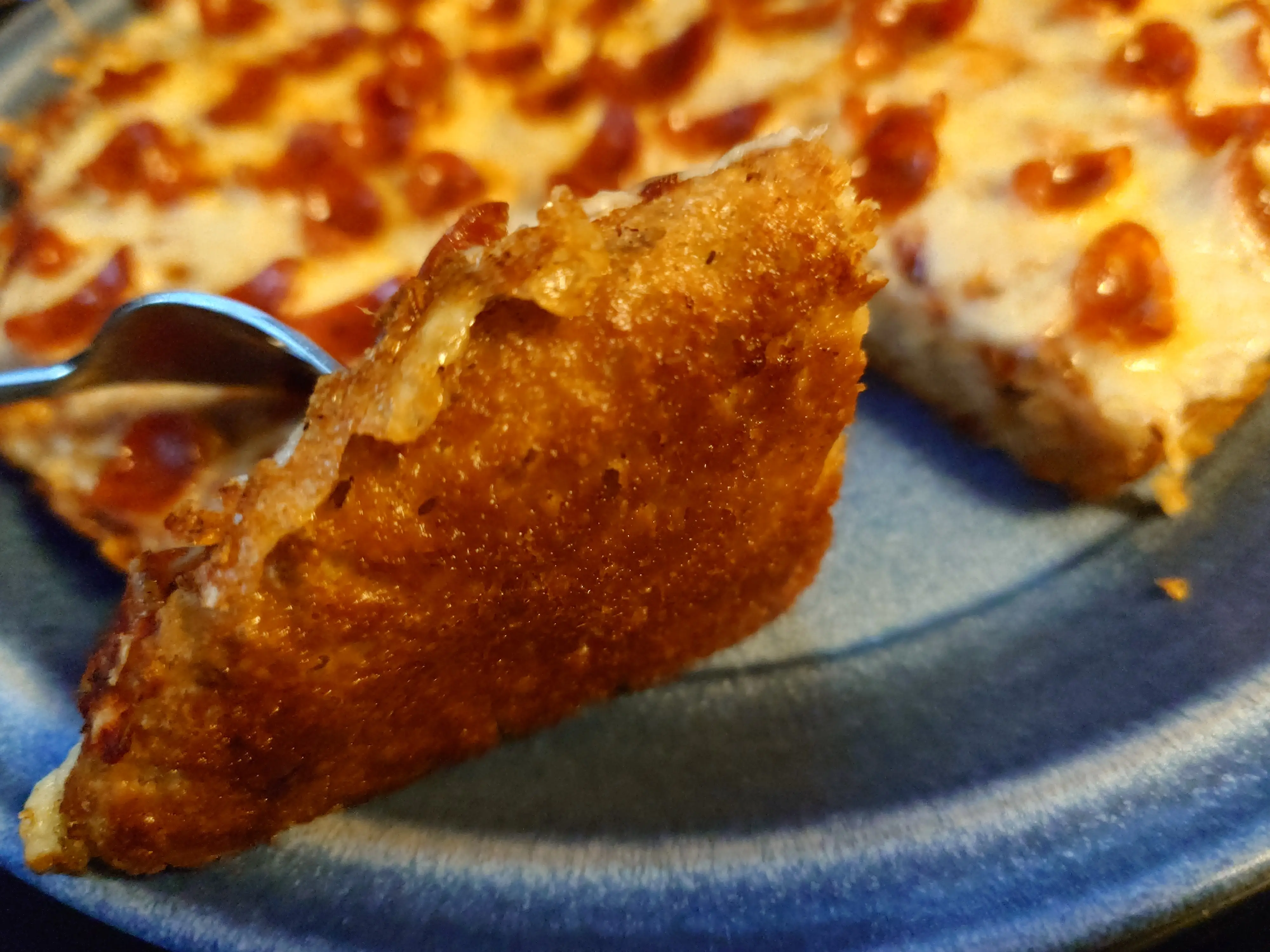FoodPorn
Welcome to a little slice of culinary heaven where we share photos of our favorite dishes, from savory succulent sausages to delicious and delectable desserts. Made it yourself? We'd love to hear your recipe!
Rules:
1. BE KIND
Food should bring people together, not tear them apart. Think of the human on the other side of the screen, and don't troll, harass, engage in bigotry, or otherwise make others uncomfortable with your words.
2. NO ADVERTISING
This community is for sharing pictures of awesome food, not a platform to advertise.
3. NO MEMES
4. PICTURES SHOULD BE OF FOOD
Preferably good, high quality pictures of good looking grub; for pictures of terrible food, see !shittyfoodporn@lemmy.ca
Other Cooking Communities:
Be sure to check out these other awesome and fun food related communities!
!cooking@lemmy.world - A general communty about all things cooking.
!sousvide@lemmy.world - All about sous vide precision cooking.
!koreanfood@lemmy.world - Celebrating Korean cuisine!
view the rest of the comments


The bottom of the pan is usually rough, and it’ll put scratches in the ceramic cook top over time.
Polishing that out and re-seasoning helps prevents that. It also allows you to do the pan-shake-stir thing more smoothly.
(You can also go the non-ferrous thin stuff approach.)
Cast iron needs to be seasoned; if you’re getting it used I’d recommend stripping it down and redoing it.
No it won't. Induction stove tops are ceramic. Ceramic on mohs scale is "hard as fuck".
Unless you have rocks (or salt crystals) stuck in the seasoning, neither polymerized oil nor any metal is hard enough to scratch it. They literally can't.
That would be like a metal knife scratching a glass cutting board, which famously can't happen, and is the reason why glass cutting boards are a terrible, knife destroying, idea.
this is not actually true. There's still wear to the harder material. The harder material still wears over time, though less so. also: from proline:
Most manufactures will also recommend not using rough bottomed pans. (or placing something under it like a cotton pad/cloth), it's literally one of two warnings against cast iron (that, and weight.)
Also, part of why that is, is that the rough surface does trap things (like carbonized foodstuffs.) which act like grit. a polished surface is much less likely to trap such things.
and again, it makes the shake-pan-to-stir thing (like you see for stir fries or flipping omlettes and pancakes) easier with cast iron.
Well yes, but that's the kind of unavoidable material wear that any interacting materials made of molecules experience. The fact remains that softer things cannot scratch harder things, except in the sense that they can wear off molecules, which you might eventually notice under a microscope.
To get visible scratches, you'd need to drag something made out of equivalent or harder material than the ceramic, along its surface. Most notably in a kitchen, that can be any crystal food ingredient, like salt.
Hence I do keep my stuff clean, because a single salt or sugar crystal between pot and stove can produce the kinds of scratches you can't unsee. And as a fine powder it can work as that grit, turning the surface cloudy.
It's not the roughness of softer materials that can cause scratches, but the fact that harder things can end up between the two. And that's when rough things "may" cause scratches.
As for the improvement in movement, I'm sceptical. One of the properties of a smooth extremely hard surface, is that other, softer things slide along it just about the same, because the surfaces cannot interact. Think of the way you can slide a knife along glass, sideways, frictionlessly, because there is nothing for it to cath on. I don't really notice a difference between my scanpans and cast irons, aside from the weight.
If you did, you may have had some trace amount of harder material in there, as that would have then been interacting with the ceramic, causing friction.